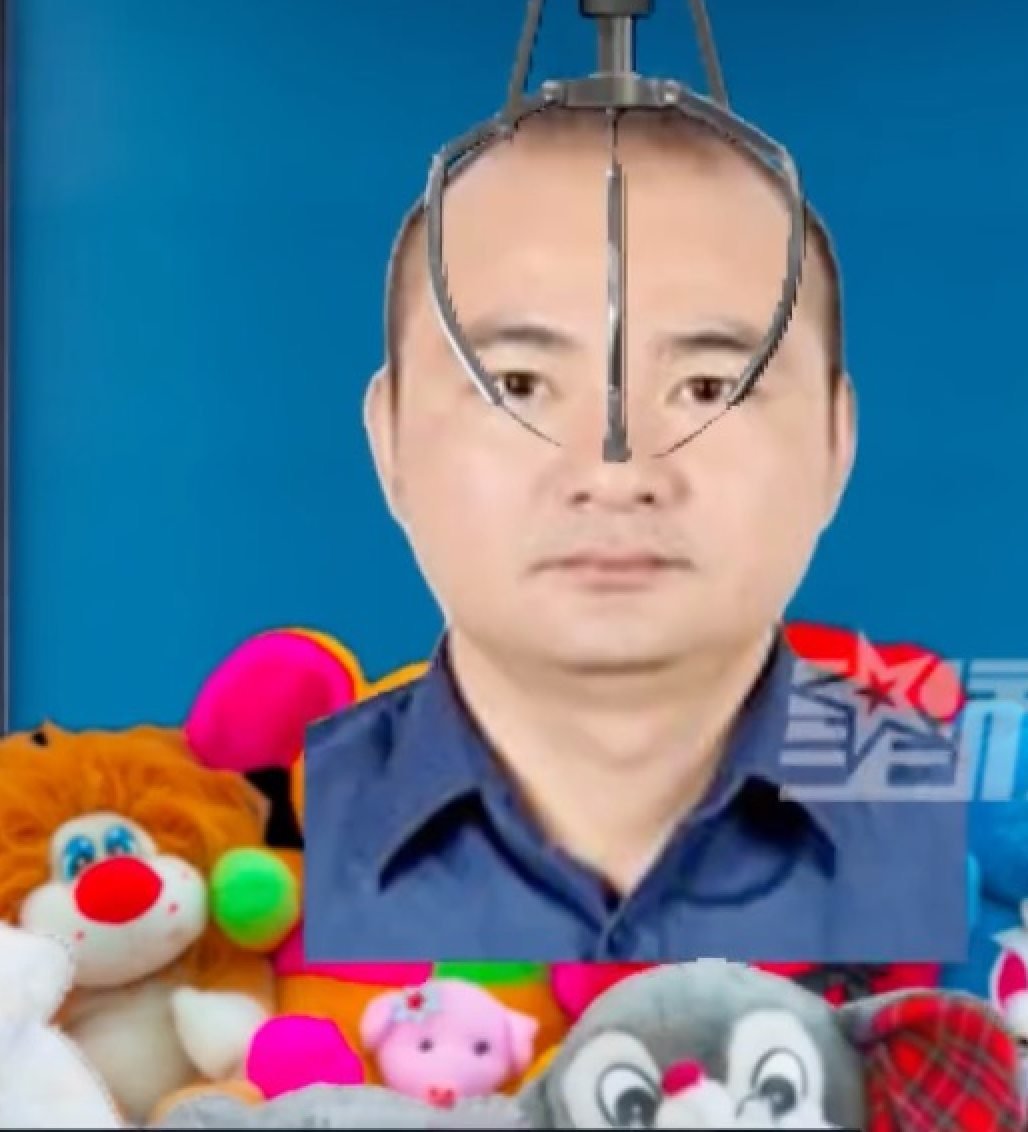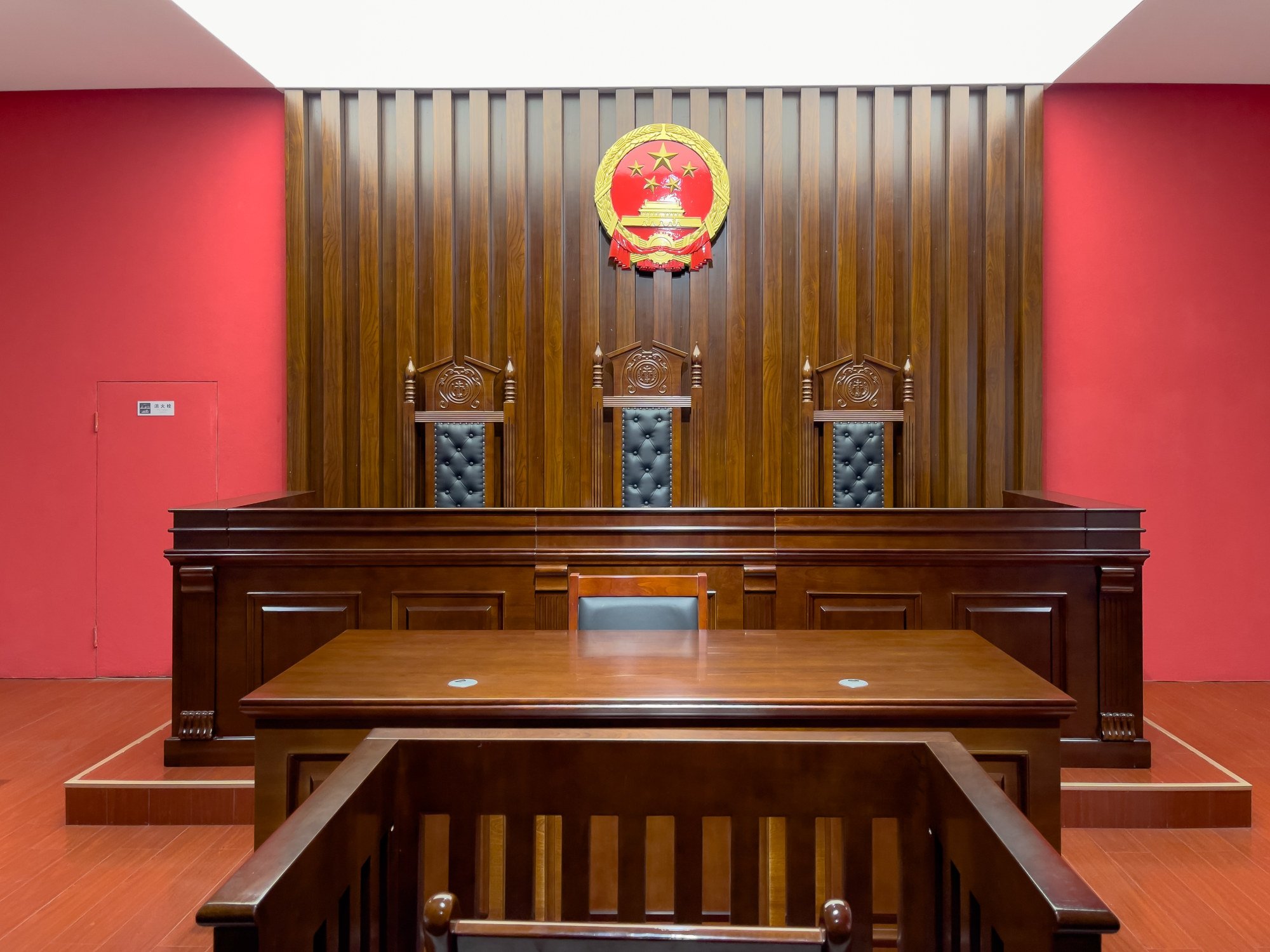A Chinese court has devised an innovative way to humiliate and capture debtors by inserting an arcade claw machine into the prize notice above the fugitive's head.
According to a StarNews report, the animation strategy was introduced by the Hengfeng county people's court in Shangrao city, east China's Jiangxi Province, in an online post on June 2.
A photo of a debtor is placed inside a stuffed toy in a crane game at an arcade.
The claw grabs the debtor by the “head” and drags him to the exit of the machine, where a prize notice appears.
 A moving claw grasps the fugitive's head, and a photo of his face is placed on a stuffed toy. Photo: Weibo
A moving claw grasps the fugitive's head, and a photo of his face is placed on a stuffed toy. Photo: Weibo
The debtor in this case is Feng Xiaoyuan from Zhuhai city, Guangdong province, who owes 950,000 yuan (US$130,000).
It includes his photo, his current address, the lawsuit against him, and part of his ID number.
It also includes a reward hotline number for informants and details of the reward.
“The identity of the informant and the information provided will be kept confidential,” the notice states.
Debtors like Feng are defaulting on their debt repayment obligations despite having the ability to repay.
They often intentionally evade the law by hiding or transferring assets, and one common tactic is to transfer assets to their children.
People on the blacklist will also have their economic activities restricted, for example by being prohibited from purchasing airline tickets.
Reaction to the crane game innovation on social media has been mostly positive.
One online observer said: “I encourage a national promotion. Catching delinquents should be as easy and fun as catching stuffed animals!”
 There have been calls on social media for the metal claw law to be adopted by courts across China. Photo: Getty Images
There have been calls on social media for the metal claw law to be adopted by courts across China. Photo: Getty Images
“It must be very embarrassing for debtors. After watching this cartoon they might want to turn themselves in,” said another.
A third added: “Please make a multilingual version to scare those who have fled overseas. Also use real photos so people can easily recognise them.”
Some expressed concern about image rights.
“Do criminals also have image rights? If so, they might file a counterclaim,” one person said.



